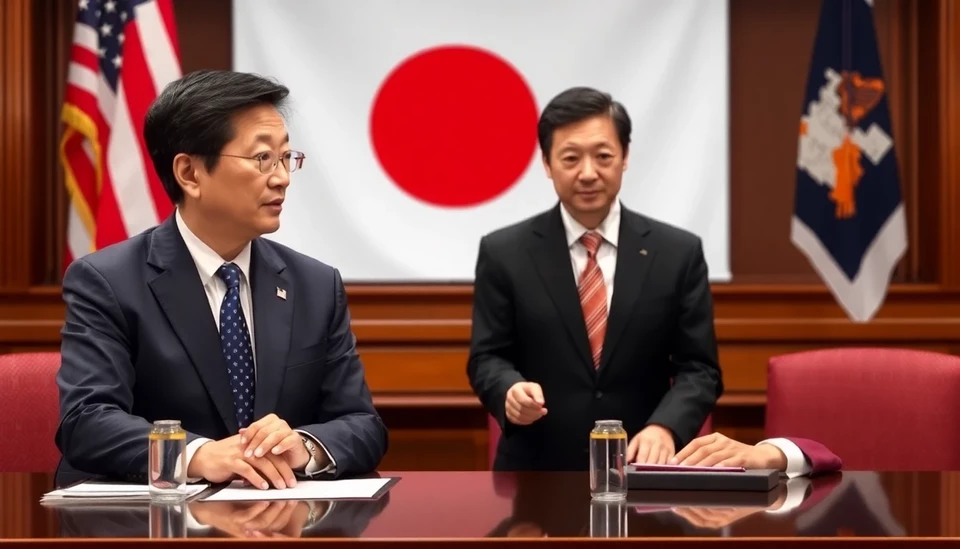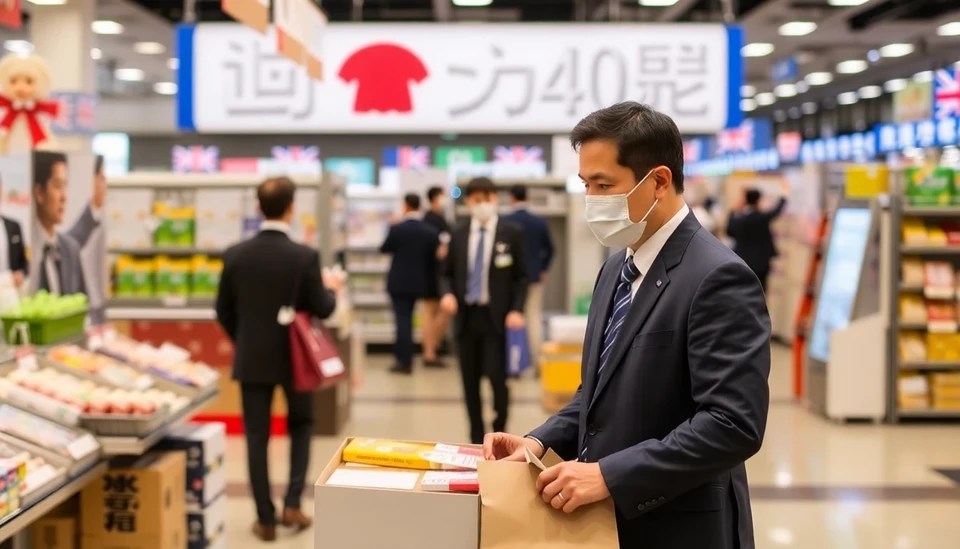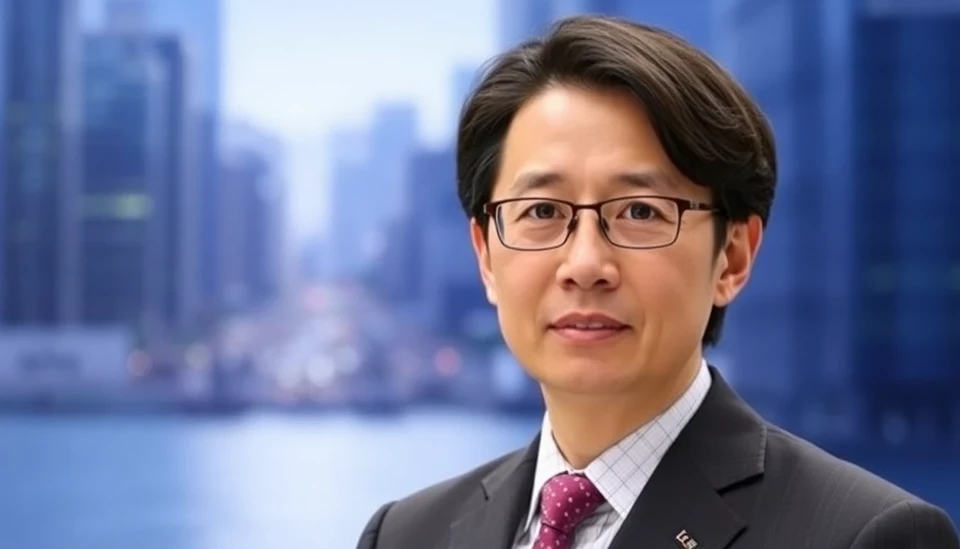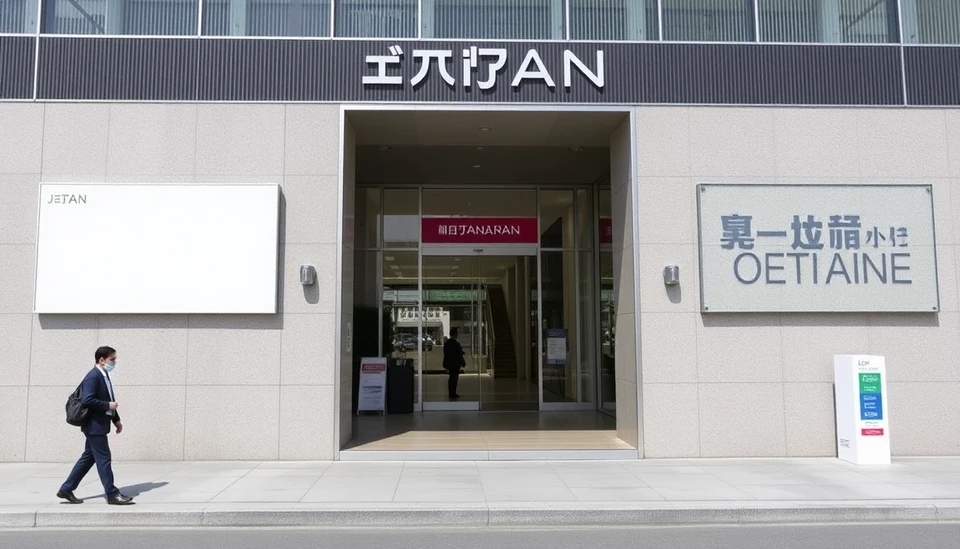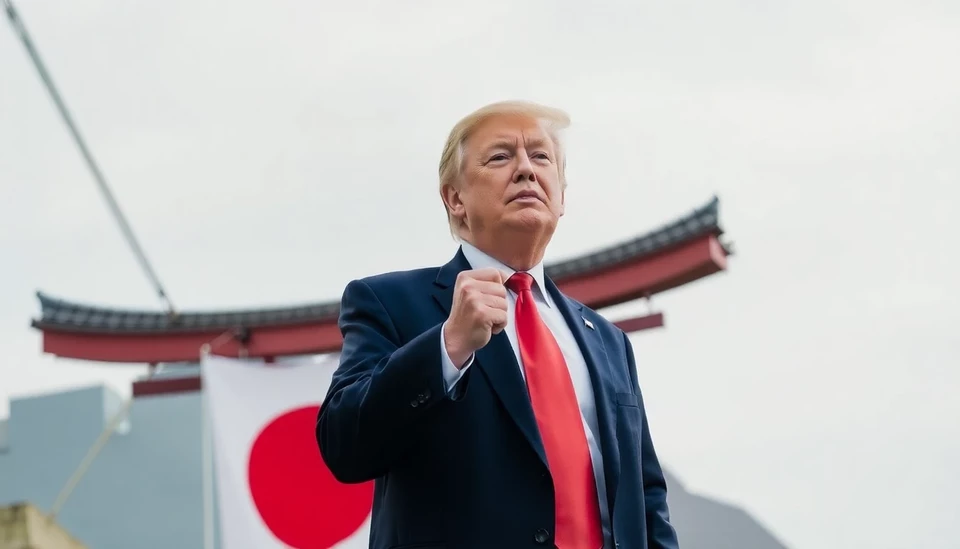
As discussions loom regarding the possibility of former President Donald Trump reinstating tariffs on Chinese imports, Japan is expressing significant apprehension about the implications such a move could have on its own economy. Analysts and policymakers in Tokyo are closely monitoring the situation, fearing that renewed trade tensions between the United States and China might set off a domino effect that could hurt Japan’s growth prospects.
In a strategic economic landscape, Japan's trade relations with both the U.S. and China are crucial. With China being Japan's largest trading partner, the notion of increased tariffs could lead to substantial repercussions. Past experiences from previous tariff escalations highlight the vulnerability of Japan’s economy to external trade interruptions and rising costs.
The potential tariffs would impact not only Chinese goods but also many products that are deeply embedded in Japanese supply chains, increasing the costs for Japanese manufacturers and consumers alike. For instance, if Trump moves forward with imposing these tariffs, industries from technology to automotive would feel the strain as they rely heavily on imported materials and components from China.
Moreover, with Japan already grappling with its economic challenges, including stagnant growth and an aging population, any turbulence in international trade relationships could exacerbate existing issues. Japan’s government is voicing its concerns, emphasizing the necessity for stable and cooperative trade policies that avoid unnecessary disruptions.
Additionally, there is a broader geopolitical context that complicates Japan's stance. As China rises on the global stage, Japan is keen to maintain a delicate balance in its diplomatic and economic engagements. A reactionary economic policy from the U.S. could push China and Japan into a corner, necessitating a careful navigation of relations to avoid being adversely affected.
Tokyo's unease is also reflected in market sentiments. Stock indices and economic forecasts are showing signs of volatility in anticipation of Trump's decisions, signaling a collective nervousness among investors regarding the potential for escalated trade conflicts. Economists suggest that Japan’s export-oriented economy could bear the brunt of any retaliatory measures from China, should tariffs be enacted.
In conclusion, Japan is treading cautiously as the specter of renewed U.S.-China tariffs looms large. The nation must prepare for a range of possible scenarios, including advocating for international cooperation while also safeguarding its economic interests. The outcome of this situation will not only dictate Japan's economic trajectory but could also redefine its role in the regional and global marketplace.
#Japan #Trade #Tariffs #China #Trump #Economy #GlobalRelations
Author: Rachel Greene
